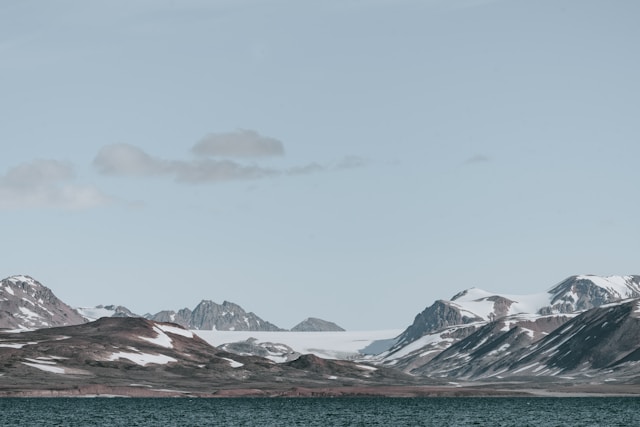In aftermath of BP oil spill, Gulf fisheries continue to decline
By Dahr Jamail / Al Jazeera
Hundreds of thousands of people living along the US Gulf Coast have hung their economic lives on lawsuits against BP.
Fishermen, in particular, are seeing their way of life threatened with extinction – both from lack of an adequate legal settlement and collapsing fisheries.
One of these people, Greg Perez, an oyster fisherman in the village of Yscloskey, Louisiana, has seen a 75 per cent decrease in the amount of oysters he has been able to catch.
“Since the spill, business has been bad,” he said. “Sales and productivity are down, our state oyster grounds are gone, and we are investing personal money to rebuild oyster reefs, but so far it’s not working.”
Perez, like so many Gulf Coast commercial fisherman, has been fishing all his life. He said those who fish for crab and shrimp are “in trouble too”, and he is suing BP for property damage for destroying his oyster reefs, as well as for his business’ loss of income.
People like Perez make it possible for Louisiana to provide 40 per cent of all the seafood caught in the continental US.
But Louisiana’s seafood industry, valued at about $2.3bn, is now fighting for its life.
‘The shrimp are all dead’
Perez is not alone.
“They said they’d make things right and they never did,” said Nicholas Harris, a fourth-generation oyster fisherman in eastern Louisiana. “Business has been s****y, and BP kept low-balling us with how much money they said they’d give us for compensation, so we got our attorneys involved.”
Harris, like Perez, is suing the oil giant for property damage and loss of income.
His family has a 4,000-acre private lease for oysters, but it was destroyed when the State of Louisiana diverted fresh water from the Mississippi River in a failed attempt to flush BP’s oil from the oyster fishing grounds in his area.
The situation in Mississippi for shrimpers is nearly as grim.
“I was at a BP coastal restoration meeting yesterday and they tried to tell us they searched 6,000 square miles of the seafloor and found no oil, thanks to Mother Nature,” Tuan Dang, a shrimper, told Al Jazeera while standing on a dock full of shrimp boats that would normally be out shrimping this time of year.
Song Vu, a shrimp boat captain for 20 years, has not tried to shrimp for weeks, and is simply hoping that there will be shrimp to catch next season.
His experience during his last shrimping attempts left him depressed.
“The shrimp are all dead,” he told Al Jazeera. “Everything is dead.”
Read more from Al Jazeera: http://www.aljazeera.com/indepth/features/2012/03/20123571723894800.html

